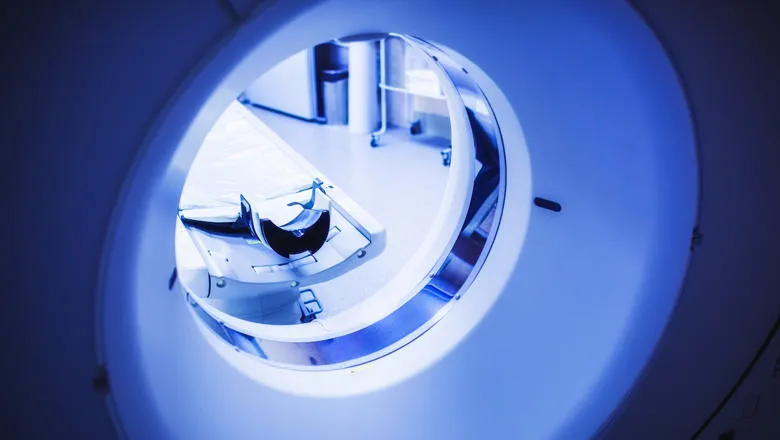The outstanding environment in the Department of Perinatal Imaging at King's College London has world-leading facilities and researchers, where we are fortunate to work in a truly collaborative and multi-disciplinary way. I have been privileged to have been supported throughout my career by an incredible mentor in Professor David Edwards and senior figures in our department like Professors Jo Hajnal, Mary Rutherford and Serena Counsell. Lastly I have also benefited enormously from long-standing collaborations with colleagues at Imperial and UCL – who bring not only know-how but also inspiration/imagination to all of the projects we do together.
Dr Tomoki Arichi
16 April 2021
Dr Tomoki Arichi receives MRC Transition Support Award
The award follows from Dr Arichi's existing MRC Clinician Scientist Fellowship awarded in March 2017

Dr Tomoki Arichi has been awarded an MRC Transition Support award for extensive progress and productivity with his research studying the development of activity in the human brain in fetuses and newborn infants.
Dr Arichi, MRC Clinician Scientist and Clinical Senior Lecturer in the Department of Perinatal Imaging & Health at the School of Biomedical Engineering & Imaging Sciences develops and applies non-invasive methods including functional MRI and EEG which are combined with robotic stimulation devices to study the early brain function.
With clinical work focusing on looking after children with Cerebral Palsy, Dr Arichi focuses on understanding how the motor system develops and whether researchers can identify new ways to treat abnormal motor development.
MRC Transition Support awards are given to intermediate MRC fellows who have made extensive progress and demonstrated productivity.
Dr Arichi’s original Clinician Scientist Fellowship included 3 work packages within it, the first of which was to study the brain activity in fetuses with fMRI for which an extensive processing and analysis pipeline has been developed in conjunction with the developing Human Connectome Project.
This transition support award will fund a postdoctoral student who is currently writing up the method and results, and will prepare the data ready for public release.
The second work package was to study how activity in the motor system evolves across early human infancy using simultaneous EEG-fMRI in collaboration with colleagues at UCL.
For this work package, Dr Arichi said good progress has been made as new MR compatible EEG caps were created specifically for use with babies in conjunction with the company Brain Product GmBH.
“We have now collected a very unique data set of simultaneous EEG-fMRI from a cohort of more than 50 preterm infants,” Dr Arichi said.
The third work package was to perform the first studies of associative learning in newborn infants in conjunction with collaborators at Columbia University New York and Imperial College London. This study found that newborn infants can indeed learn an association between two distinct sensory stimuli and that this process is related to underlying changes in brain activity. It was published this year in Cerebral Cortex.
Scientifically a big aim for the transition fellowship will be to make the data publicly available so that scientists can use the fetal fMRI and neonatal EEG-fMRI data to answer their own questions about early human brain development. I hope that the improved understanding that the work brings will help us to better characterise when the key periods are for brain development and specifically for its motor system, so we can identify which infants may develop later difficulties like cerebral palsy, gain a mechanistic understanding as to why they develop difficulties, and potentially develop new treatments.
Dr Tomoki Arichi

